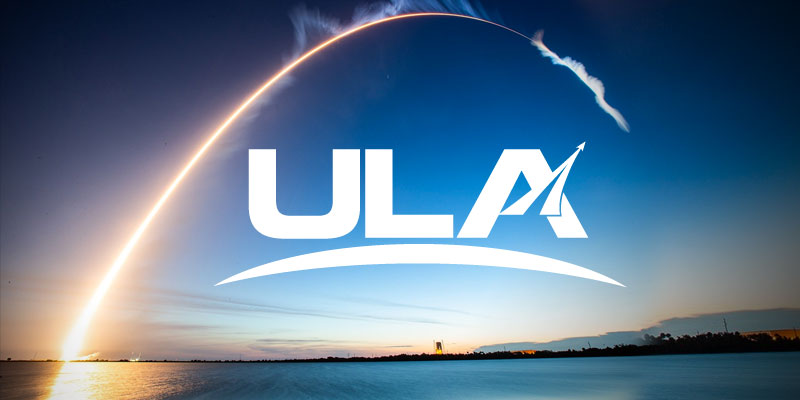On Oct. 27, the world learned of a raid that culminated in the death of ISIS leader Abu Bakr al-Baghdadi. U.S. special forces and intelligence officials were able to succeed in their mission to take down a brutal murderer — one of the world’s most dangerous terrorists — through the use of sophisticated satellites that the U.S. currently has in orbit.
Control of space and protected assets in orbit are vital to American security here on Earth. Space was once thought to be a peaceful environment for scientific advancement, but as national security objectives have evolved, space has transformed into a potential battlefield. With countries increasingly concerned about deterrence and conflict strategies, the importance of assured and reliable access through mission-specific launch services has become clear, and the Pentagon’s new combatant command, SPACECOM, must move quickly to secure U.S. assets.
Years ago, space changed from a place of discovery into a necessity for American life — and for military operations. From the Air Force-managed GPS satellites that run mapping programs with the touch of a button to billion-dollar National Reconnaissance Office spy satellites that keep our intelligence community informed on what our adversaries plan to do next, it is clear that space is a potential war-fighting domain.
War fighting, when it comes to both established adversaries and emerging terrorist threats, has changed along with technology. Now it is time for America to fundamentally change its approach to space.
In World War II, technology did not allow us to pinpoint the location of our enemy with the click of a button. In order to defeat the enemy, the U.S. knew that our imperative was to first locate the enemy in a vast region. For example, the Battle of Midway, which is considered a major turning point, occurred because U.S. Navy pilots were able to successfully locate the Japanese fleet before the American fleet was discovered. These types of naval engagements, where surprise and miscalculation dominated, are unimaginable today because of America’s assets in space. As technology has improved, so has situational awareness.
As our space assets play increasingly vital roles in keeping us safe, it is essential that we have the capability to launch these assets and protect them once they are in orbit. Our military’s access to space, with state-of-the-art rockets that are purpose-built for national security and have a legacy of precision, is a necessity as we work to protect ourselves. Since its creation, SPACECOM has both understood the threat of unprotected space assets and discussed this new war-fighting domain with industry partners.
Our assets in space have increasingly become a target for enemies and adversaries. Based on the history of space being an uncontested sphere, and due to the extreme difficulty operating there, our satellites and communications devices are relatively unprotected. Earlier this year, the U.S. intelligence community reported that Russia and China both have the capability to interfere with and destroy these critical assets.
China’s well-known aspirations in the Pacific Rim, as well as Russia’s objectives in Eastern Europe and Eurasia, are driving them to both innovate and expand their offensive capabilities in space. Their motivations to change the geopolitical status quo could be hastened by taking action against U.S. national security space assets. These actions could range from jamming a communications satellite to operations rendering assets inoperable.
The U.S. government currently has 78 satellites in orbit, which serve a variety of key functions. These assets give troops in the field the ability to communicate with each other, provide intelligence officials with information on North Korea’s missile launches, and even power the GPS on civilian devices. An interruption in these communications could have devastating consequences for the U.S.
As adversaries continue to more aggressively test these weapons, it is clear that U.S. national security space assets are necessary for our intelligence community to both see and understand the threat to U.S. military personnel and assets, civilians, and our allies. However, if an adversary has compromised our assets in space, the U.S. could be left in the dark when it comes to the threat and its impact.
What are now essential parts of our economy have been built around fragile national security space assets. It is well past time to assure that these assets, and the American operations behind them, are properly protected. As nations continue to invest in their national defense through war-fighting capabilities in space, it is imperative that the United States remain at the forefront of this new chapter in space.
Tory Bruno is the president and CEO of United Launch Alliance (ULA), which manufactures rockets at its world-class facility in Decatur, Alabama. He has a background in aerospace engineering and is a member of the U.S. president’s National Space Council.













